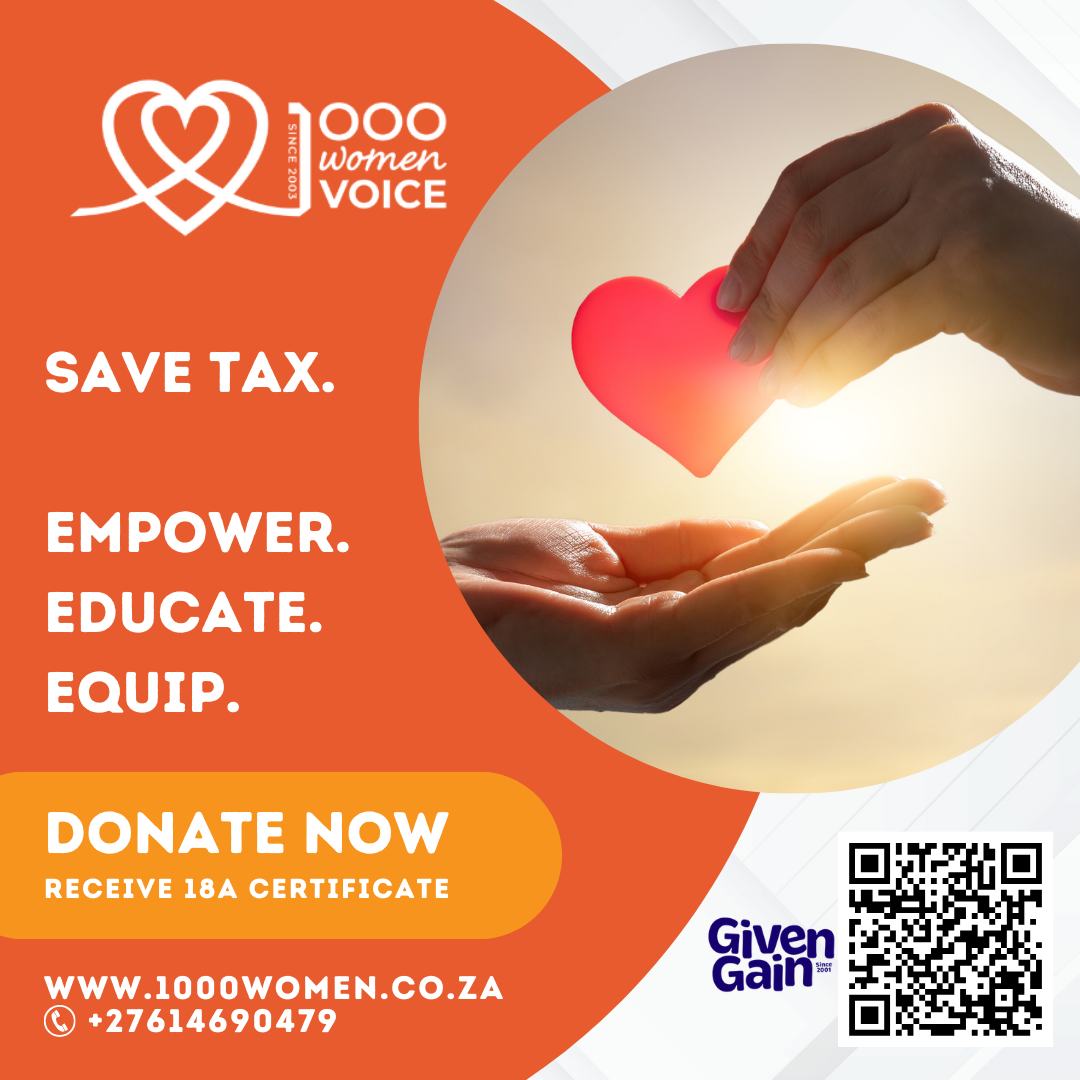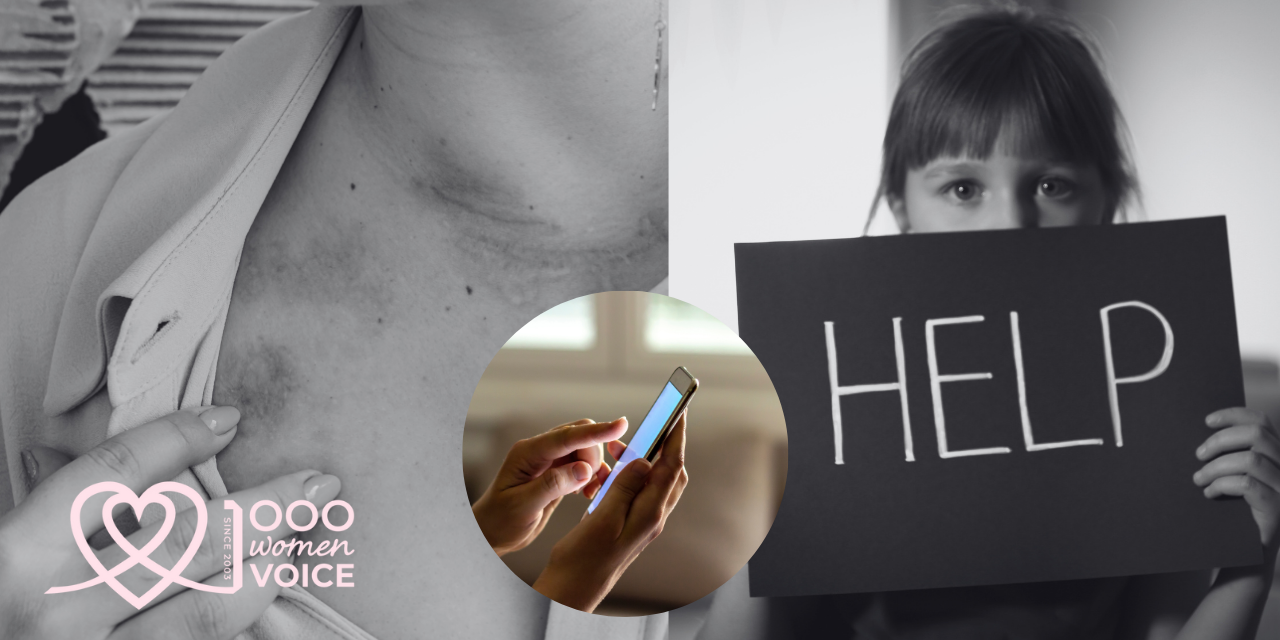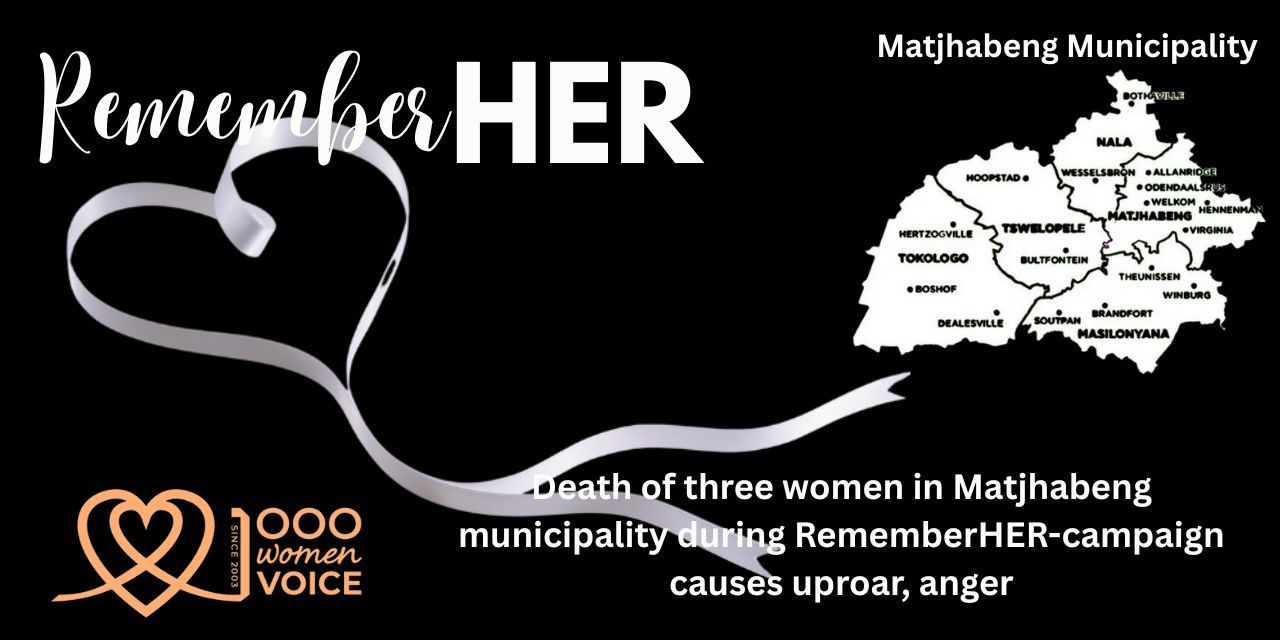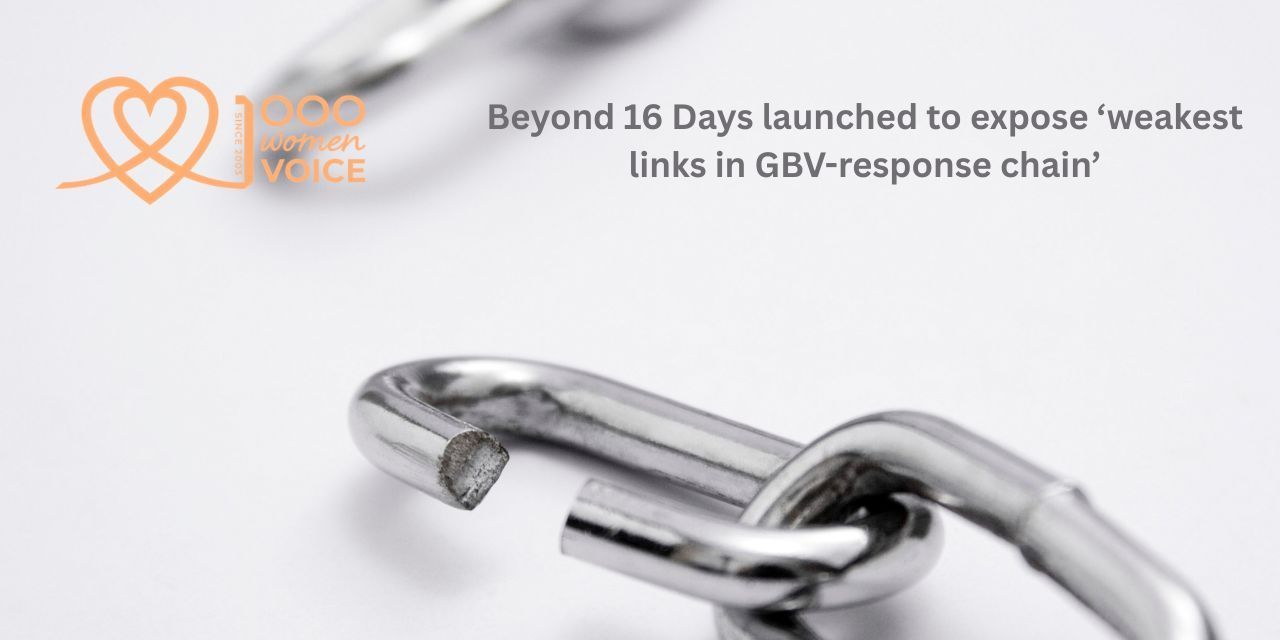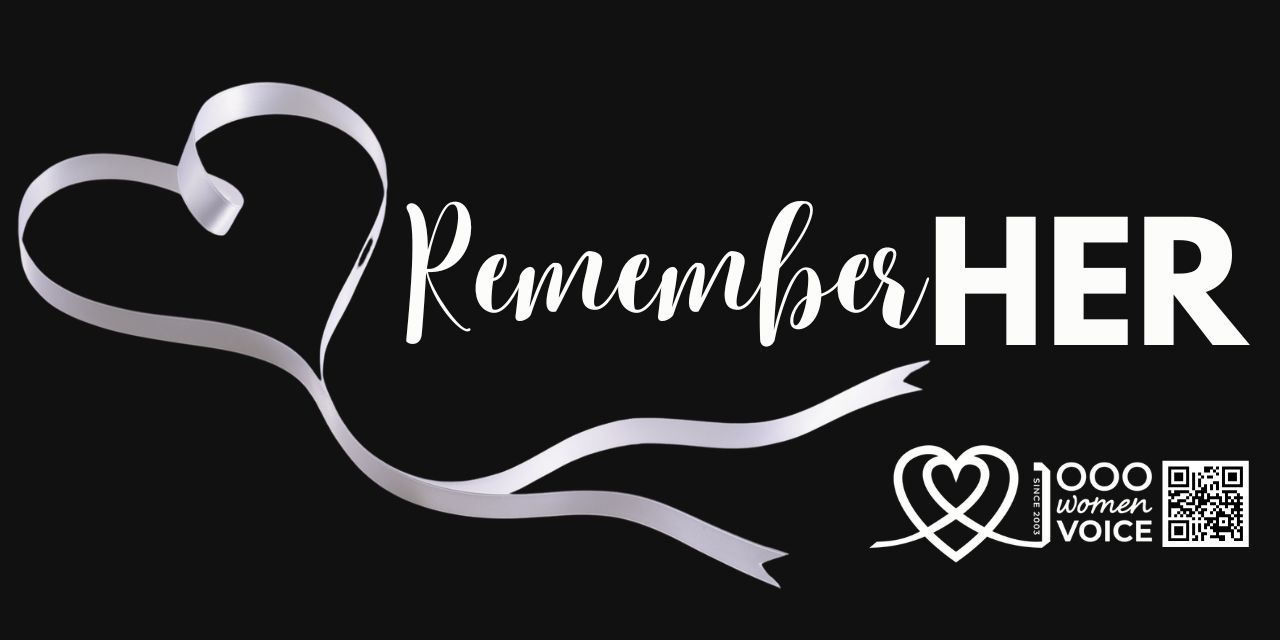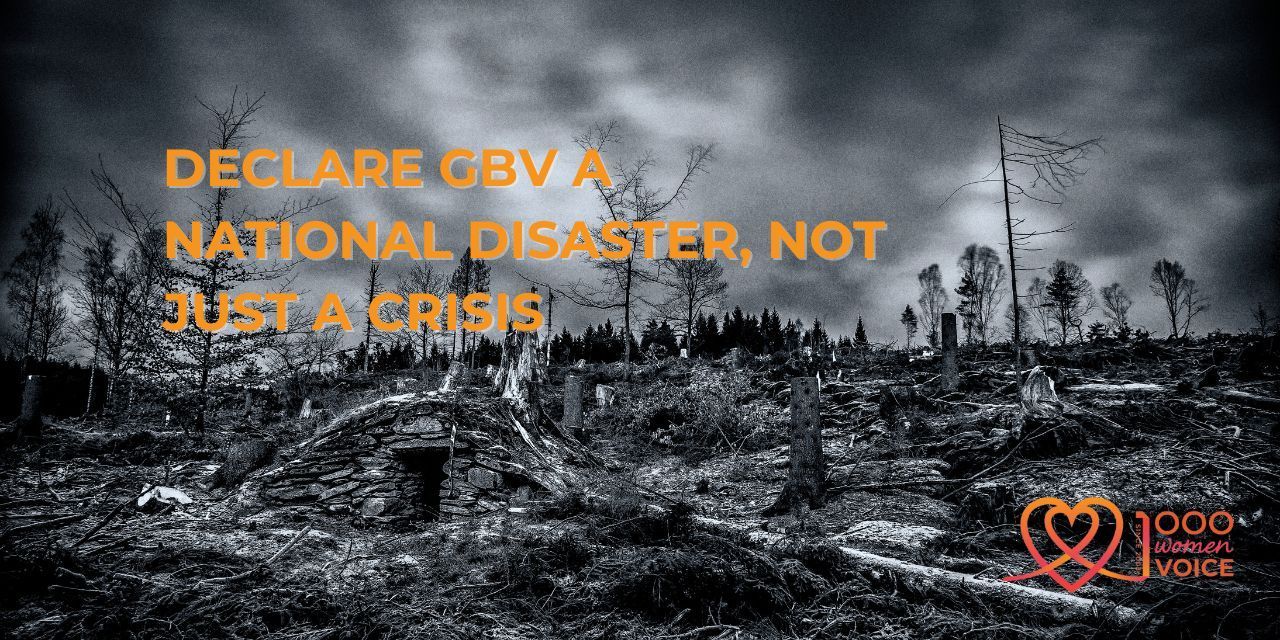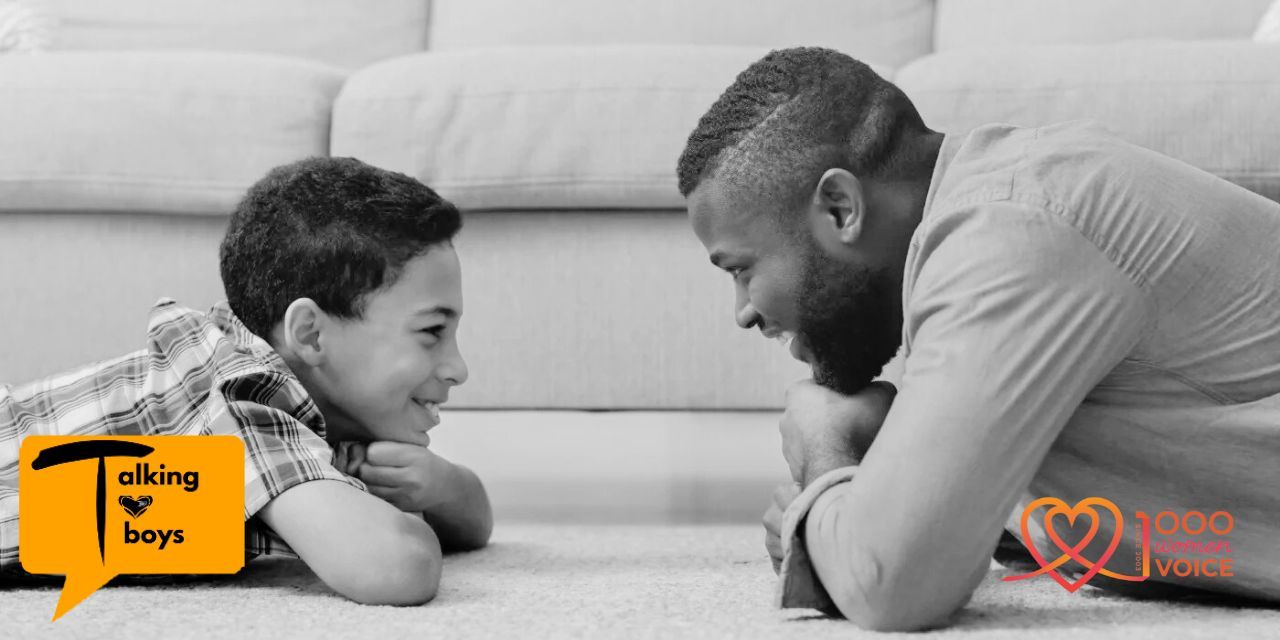Discrimination against women in SA workplace should be a central focus on Workers Day
CAPE TOWN. – As labour unions embarked on protests on worker’s day, 1 st May 2022 to express their dissatisfaction and anger about slave wages, inhumane work conditions and unfair retrenchments, there should be a special focus on gender disparities and how women are treated in the workplace in South Africa.
Women-headed households face higher poverty rates than that headed by men in south Africa. Although advances were made in the post-apartheid context, there remains a yawning gap in women’s participation in the formal economy.
The National Development Plan (NDP) deliberately seeks to promote gender equality and the development and provision of greater opportunities for women in rural and urban areas. It is against this backdrop that the 2018 Presidential Jobs Summit was convened, according to the National Business Initiative (NBI).
Fundamentally addressing gender inequality is a critical level for change. In 2019, the NBI published a report, Gender Equity in the Workplace, in which societal and economic inequity was unpacked. In the report, the NBI noted that 42.6 % of household were headed by women.
These households have a higher dependency ratio. In simple terms, that means women shoulder greater responsibility for children and other dependents. As such, it is concerning that 57.2 % of female-headed households were poor. Equally worrying is that women are experiencing higher levels of unemployment, while those who are employed are paid 19 % to 37 % less than men. (NBI – gender equity in the workplace, annual report).
In March 2022, the United Association of SA (UASA) stated that the gender pay gap persists in South Africa and elsewhere.
Abigail Moyo, a UASA spokesperson said: “South Africa has countless female-headed households with women working hard to make ends meet and ensure a better life for their children. The gender pay gaps stands in the way of many who struggle to realize their dreams for their offspring. The gender pay gap represents a real stumbling block I the way of a more successful country.”
According to UASA, South Africa has a stagnant median gender pay gap of between 23 and 35 % despite legislation aimed at preventing discrimination in the workplace and the COVID-19 pandemic has increased the projected time to close the pay gap from 99.5 years to 135.6 years.
To add insult to injury, it is estimated that women accounted for two million of the three million job-losses in South Africa during the COVID 19 pandemic in South Africa.
According to Stats SA, the unemployment rate amongst SA women was 36.8 % in the second quarter of 2021, compared to 32.4 % amongst men. The unemployment rate amongst black African women was 41 % during this period compared to 8.2 % amongst white women, 22.4 % amongst Indian/Asian women and 29.9 % coloured women.
It is vitally important that government, the private sector and civic society join hands to close the gender gap in the workplace. Economic inequality and social inequality are interconnected. The economic status of women in South Africa makes them more vulnerable to abuse. Support for women must be scaled up to enable them to become financially independent.
The bottom line is: women in South Africa face a grim dual challenge of gender-based violence and economic discrimination.
1000 Women Trust has embarked on an economic empowerment program – 1000 Women Restart – a network for women interested in starting or restarting a business or income generating initiative.
The Network includes women with successful businesses or women in business who would like to expand.
“We will all share, learn and support each other. What do you need – maybe It is access to funding, knowledge, linking you to a business mentor or solidarity – we will be there for you,” says Tina Thiart, founder member of 1000 Women Trust.
Thiart started a 1000 Women Restart WhatsUpp-group (on the mobile number 073-2079079) which is already supported by several hundred women.
The economic empowerment-initiative of 1000 Women Trust is interlinked with its own objectives – to mobilise resources and give grants to organisations that support, raise awareness and provide opportunities for women and children who have been affected by gender-based violence.
